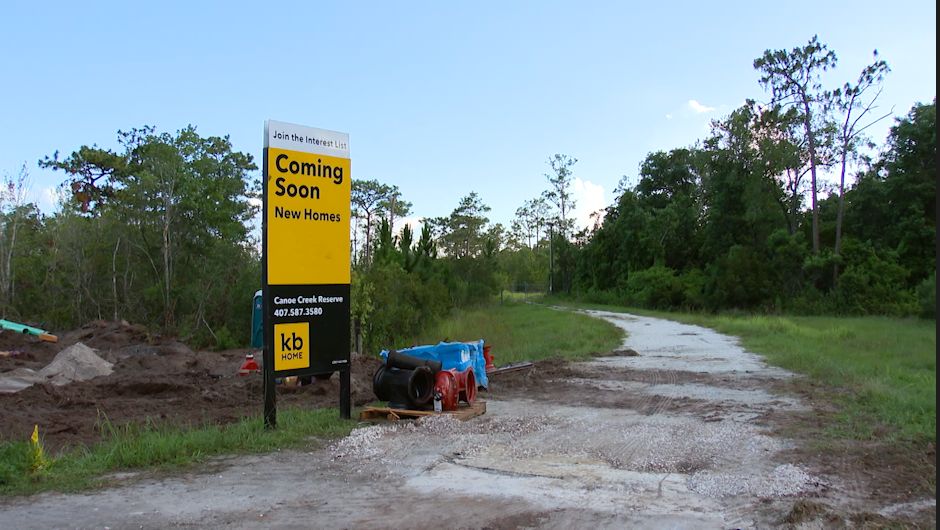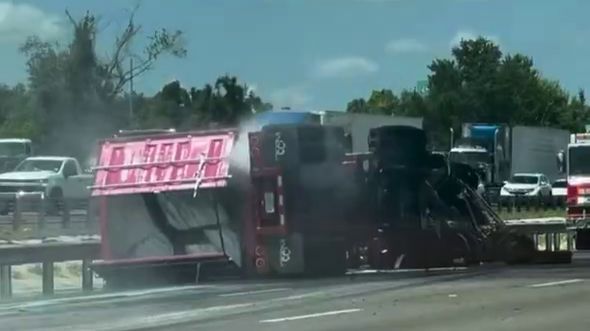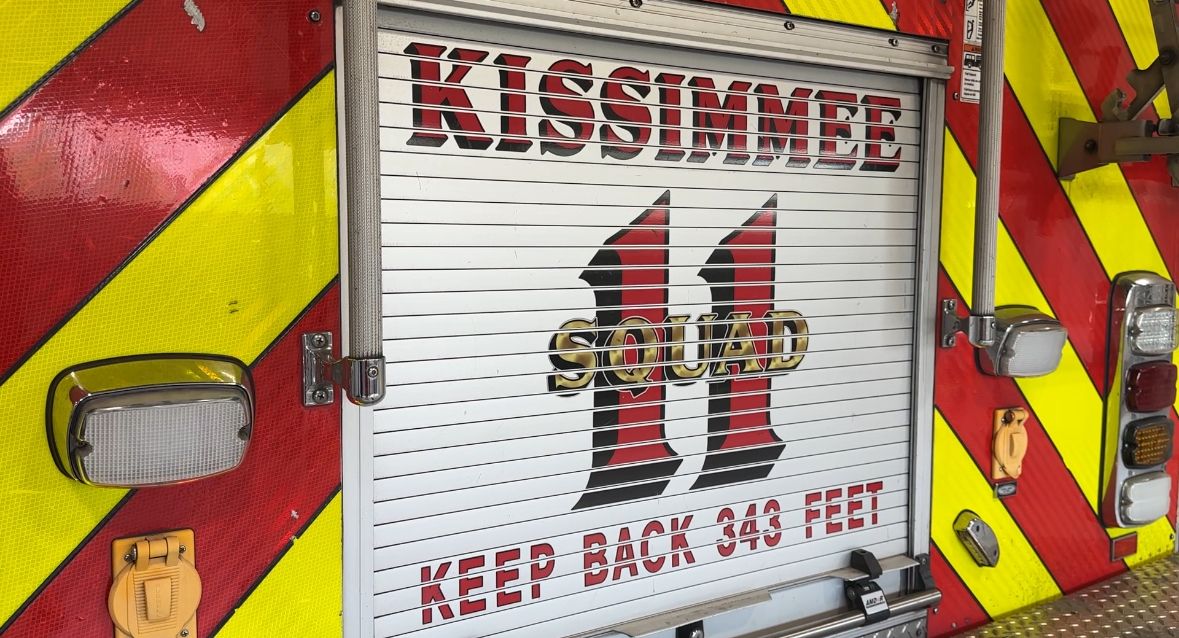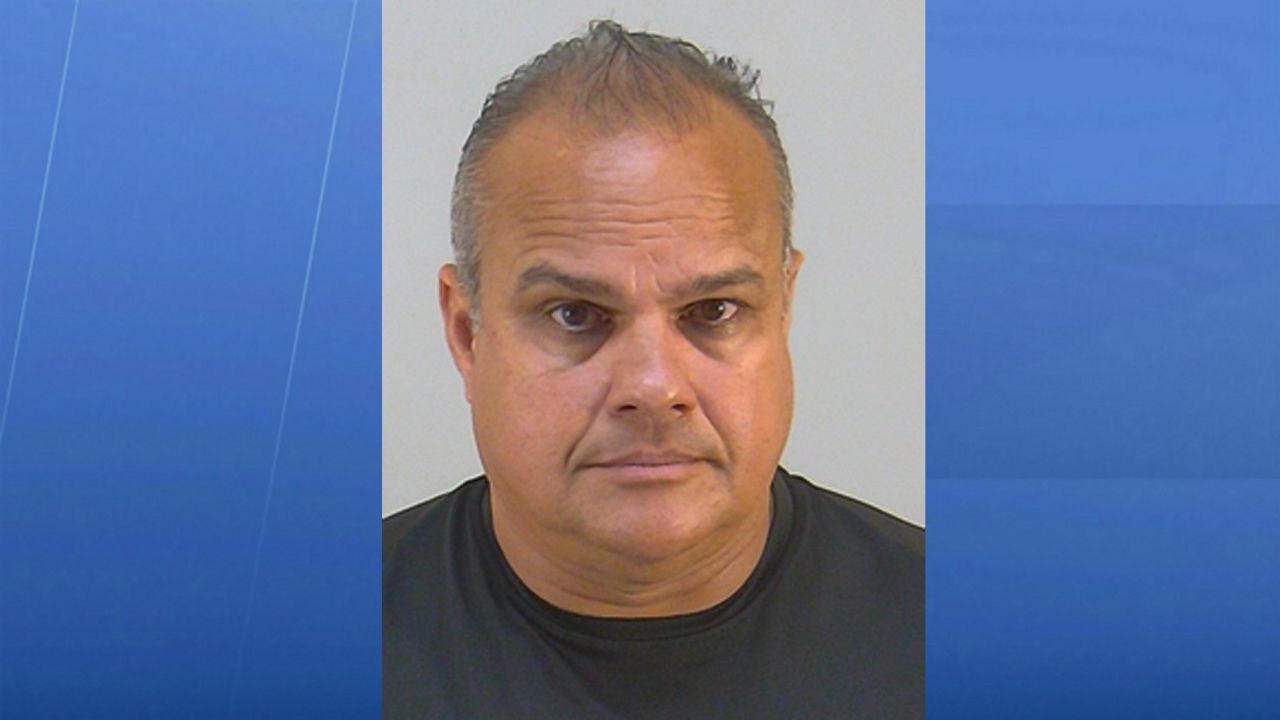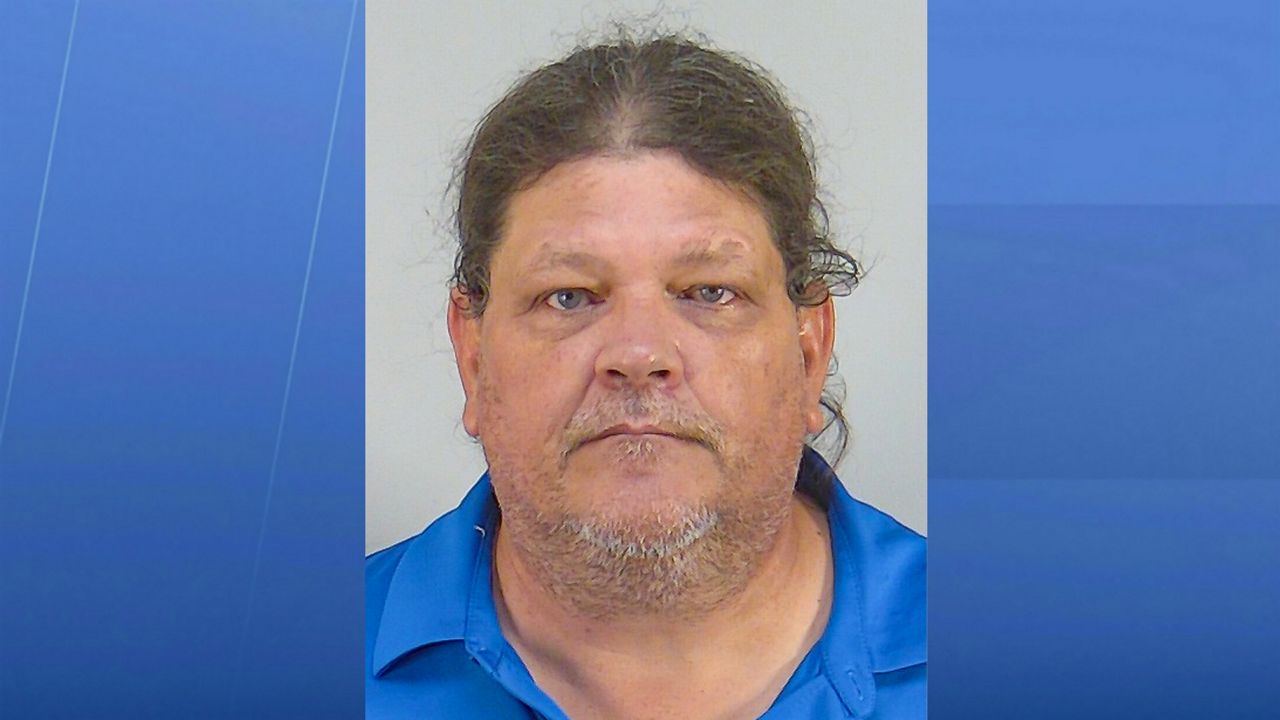KISSIMMEE, Fla. — Central Florida is one of the hardest hit areas in the nation for human trafficking, according to World Population Review. Florida ranks number three in the nation, behind California and Texas.
This ongoing fight against human trafficking is what led the Osceola County Sheriff’s Office to host their third annual Human Trafficking and Drug Abuse Awareness Conference on Wednesday, shedding light on the realities of victims’ experiences.
“We want people to be able to identify what potentially could be human traffickers,” Osceola County Sheriff Marcos Lopez said. “Say you work in the hotel industry. You’re in housekeeping or you are a security guard. You see someone in a room, and then you see men entering and exiting, entering and exiting. It could be an indicator.”
In 2024, Osceola County saw 32 investigations of human trafficking, with 28 of those involving sex trafficking. There were 4 labor trafficking investigations included in those investigations.
Multiple victims in these sex trafficking cases were between 13 and 17 years old, and two of those investigations involved labor trafficking in the food industry.
Kim Figueroa knows that reality all too well after she herself was targeted at a young age.
“They’re very common. They’re in your backyard, common,” she said. “Domestic sex trafficking is a problem, and we have to start realizing it’s a problem if we’re ever going to start putting a dent in the crime.”
Figueroa said she had “several vulnerabilities,” which is often what traffickers search for in victims.
“Vulnerabilities is what leads to the element of human trafficking, of being exploited for someone else’s gain,” Figueroa said. “I had those, like I grew up in poverty. I was sexually abused and mentally, verbally, physically abused as a child, and growing up in foster care, DJJ system, I had no support in place. So, I really didn’t have any self-worth as a young adult, and that left me vulnerable.”
Figueroa said that when she first met her trafficker, she was groomed for three weeks before being trafficked, yet her experience of being trafficked didn’t seclude her from the rest of the world.
“You just really have to be alert about the red flags in the medical field and hotels, gas stations, Starbucks, tanning places, gyms. These are all places that my trafficker took me. I was in the public’s eye every single day,” Figueroa said. “I want you to think about the places that you go and the things that you do. I did those, too. I was mentally in bondage. I wasn’t physically in a basement every day.”
Eventually, she got the help she needed, and Figueroa now works with the organization More to Life where she serves as an expert in the field aiding both law enforcement and victims in the fight against human trafficking.
The Osceola County Sheriff’s Office is one of the agencies she partners with. Sheriff Lopez echoed the same experience that Figueroa and other survivors have: that oftentimes, victims are in plain sight.
“I think people have the conception of someone tied up in a basement or someone held against their will in a little room. It’s not like that,” he said. “That’s like in the movies. Victims of human trafficking are in plain sight. Victims of human trafficking are day-to-day checking in, out of hotel sometimes so the trafficker himself doesn’t get identified.”
Lopez also urges survivors to speak up about what they experienced to potentially save other lives.
“It is difficult because a lot of people don’t want to come forward,” he said. “A lot of people’s family members are being held hostage. So, what they do is they try to protect their family from getting exposed or exposing their traffickers. So, a follow up is really important. A lot of times we do these operations on human traffickers to help make the difference in someone’s life.”
Several nonprofit organizations in the Central Florida area also attended the conference, including One More Child, which helps survivors from 0 to 28 years old.
“They talk about all the vulnerabilities that someone can be, like a runaway or something like that. We are able to service those individuals even if they aren’t a verified victim of human trafficking. So our services are advocacy through mentorship and therapy,” victim advocate Sydney Smith said.
Smith said they serve both Osceola and Orange Counties, helping victims of all ethnicities, both females and males, and all demographics.
“It’s very prominent at our schools, outside of schools, within our community in general,” she said. “It happens in everyone’s backyard, everyone’s community. A victim of human trafficking can literally be still living at home with their parents and going through this. It can happen online, strictly or out in the community, as well. So, it doesn’t target specific ethnicity, specific demographic or middle class, upper class, lower class. Everyone is affected by it.”

